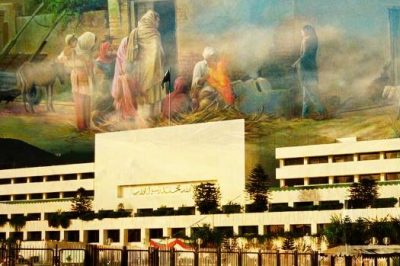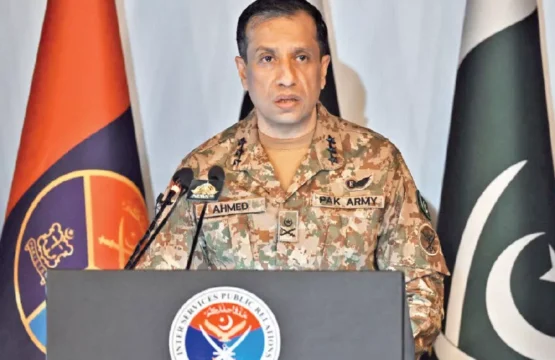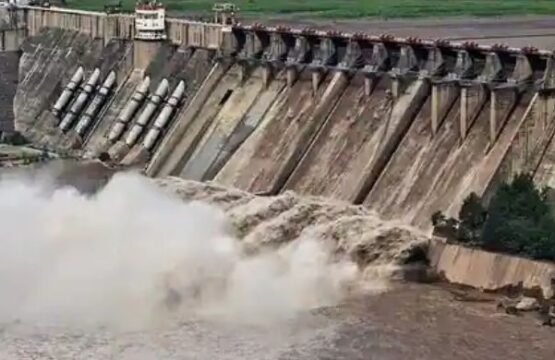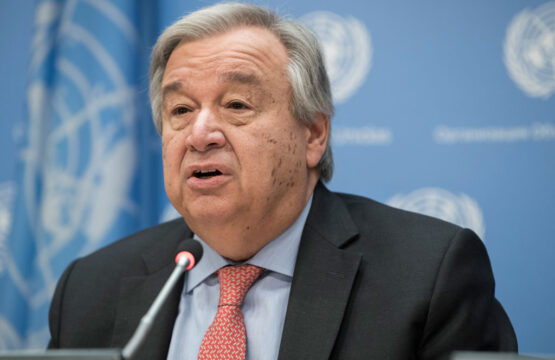To thoroughly understand a society, its political activities, and the state machinery that ultimately shapes international politics, it is crucial to study how structural units of that very society work. The world is, after all, a mosaic of different patches that we call states. These states are made by human beings, who are their basic units.
Now, if we assess the overall performance of other states worldwide, the global north presents an entirely different picture from the global south. It is essential to know what makes these poles of the world so different from each other and why the Global North is called developed while the Global South is the underdeveloped part of the world. The analysis presented in the article will be individual, taking Pakistani society as a case study.
Among the three major levels of analysis-system, state, and individual-the individual level of analysis holds the utmost importance. It is through this lens that we can truly comprehend the workings of societies and states. By understanding how individuals function within a society, we can identify the most effective policy-making options.
High intellectuals have done a lot of work on the group, state, and system level of analysis, where, in Pakistan’s case, most of the flak is received by the establishment for the present deteriorating condition of Pakistan’s politics and economy. These efforts made by the intellectuals are no doubt very commendable.
However, we do not see the emphasis on the masses’ participation in shaping a society’s structure. Taking the example of Pakistan, seeing the role of its citizens in making matters worse is shocking. In an interview, the renowned physicist and historian Dr. Pervez Hoodbhoy pointed out that even if all the issues highlighted by the critics of the establishment and politicians are addressed, the looming threats posed by climate change and the non-stop increase in population are not going to spare our country.
Climate change is a global issue. All the states need to come on the same page on the international stage to tackle it, and the world needs to take severe and practical steps to eradicate or at least minimize the causes of climate change.
As far as the increase in population is concerned, Pakistani policymakers have never shown any genuine interest in controlling it, and neither do the citizens themselves. Even the fact that in Pakistan, we do not have sufficient job opportunities and avenues to earn money cannot prevent us from giving birth to children more than we can afford. Some ideologies support these irrational decisions.
First and foremost is our dogmatic thinking that every person who comes to the world has a fate that decides their future: either they are going to live happily or starve to death. And that “fate” has nothing to do with resources, employment opportunities, food, and shelter. These children, according to the dogmatic mindset, are fed by some supernatural forces.
Also Read: Evaluating China’s soft power approaches
There are some other theories as well that support such an argument differently. Marxists, for instance, have only one thing to blame for the sufferings of ordinary people, and that is class difference. They believe that there is no shortage of resources anywhere in the world. Resources are abundant, which, according to them, is captured by the elite class.
Marxists do not hesitate to claim that no matter how many human beings are produced, there are always resources to feed them, and the only way to do so is to break the monopoly of the bourgeois class. I do not buy either of the arguments. The reason is that politics does not work on dogmatic and utopian thinking. To address the real issues, we need to be realists. We have to see things as they are. This is the only way to realize and point out the real problems that can ultimately lead us to opt for better policy-making options.
The abovementioned fault lines in our society are not an attempt to overshadow the problems caused by our policymakers. The only reason they are being highlighted is to draw a parallel between them. It’s a double-edged sword. It would be unfair to accuse the political structure of the destruction caused by the citizens. Take the example of brutal behavior that the polio workers have to face when they are on duty.
Notwithstanding the governmental attempts to make an effort to eradicate the menace of polio from the country, government employees have to face the music when they go out for the vaccination. There are still thousands of parents who have backward thinking regarding vaccination. They have the dogmatic thinking that the vaccination is some Jewish or Western conspiracy to harm children. This is the reason why Pakistan and our neighboring country, Afghanistan, are the only states where Polio cases are still recorded.
Similarly, in recent times, when the entire world was combating COVID-19, it was our suspicious thinking that was stopping many of us from taking a jab. The same reasons were presented that the COVID-19 vaccination could harm us. Many went to the extent that they started claiming that the vaccine could affect our belief systems in a harmful way. All these preconceived thoughts only harm our cause.
In summary, we could conclude that dissenting from the government is our democratic right if it does not fulfill our basic needs or grant us our due rights. But scrutinizing our own deeds as citizens is equally important if we really want to progress in prosperity and development.
** The opinions expressed in this article are solely those of the author and do not reflect the views or position of World Affairs Insider. The organization neither endorses nor takes responsibility for the content of this article and its accuracy.

The writer has done bachelors studies in international relations from university of Peshawar and is currently working as a research assistant in Public Relation services.







